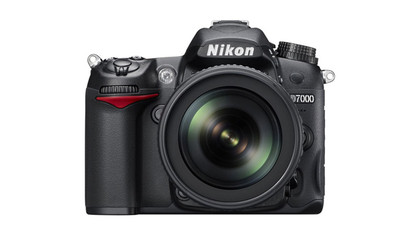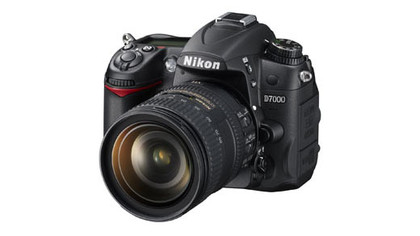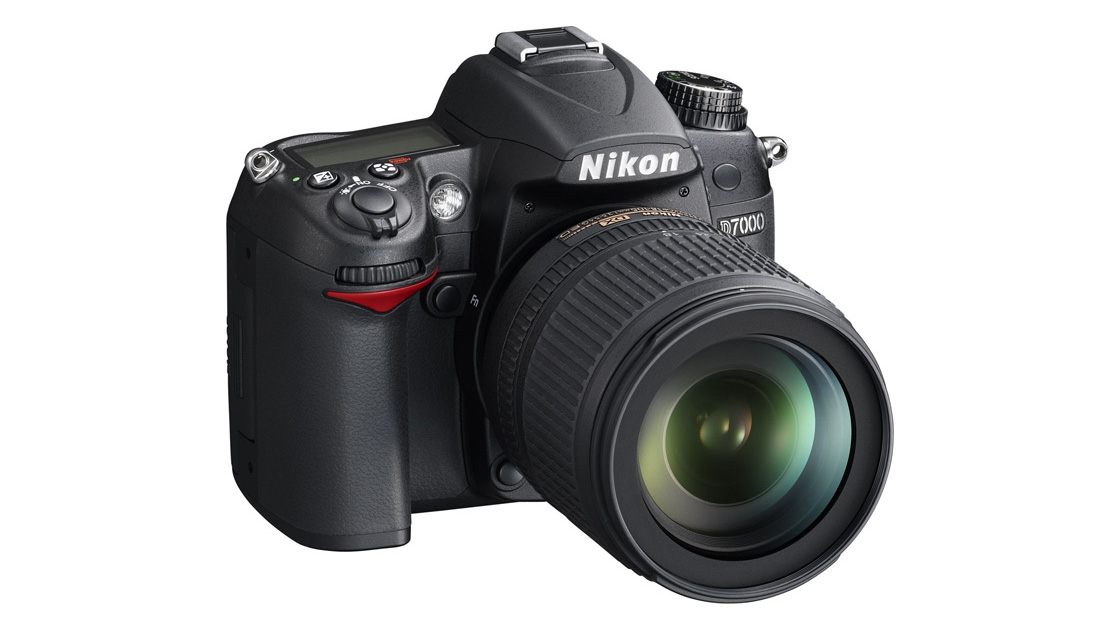TechRadar Verdict
Pros
- +
Good detail capture
- +
Easy to use
- +
Good features
- +
Great new AF system (with right lens)
Cons
- -
LCD screen not articulated
- -
Needs faster lens to get the best shots
- -
NX2 software lacking in control
Why you can trust TechRadar
As it has 16.2 million pixels on its CMOS sensor the Nikon D7000 has a higher resolution than all other Nikon APS-C (DX) format DSLRs. In fact, it is only trumped in this respect by the top-end Nikon D3X, which has 24.5 million pixels on its full-frame (FX) sensor. However, the D7000 is aimed at enthusiast photographers and sits between the 12.3-million-pixel Nikon D300S and D90 in the DSLR line-up, with a list price of $999.95.
Though it has quite a bit in common with the Nikon D90, the control layout is very similar, the D7000's construction is closer to the Nikon D300S's as both cameras have a magnesium alloy body shell rather than the polycarbonate version of the D90.
In some ways the Nikon D7000's specification surpasses that of the D300S, not least in pixel count. In addition, the Nikon D7000 is only the second Nikon DSLR to feature Full HD video technology, the D31000 was the first, and it has a more advanced metering system than any other Nikon DSLR as it uses a 2,016 pixel sensor.

There's also a new 39-point AF system that sits comfortably between the 11-point and 51-point systems found in the Nikon D90 and D300S respectively.
Nikon has also taken a look at how some of the features we now expect from a DSLR are integrated into the camera and there are a few control changes that are designed to make the Nikon D7000 more straightforward to use.
It all adds up to a pretty interesting offering for enthusiasts, but has Nikon taken a step too far out of its comfort zone with a 16.2 million pixel sensor?

